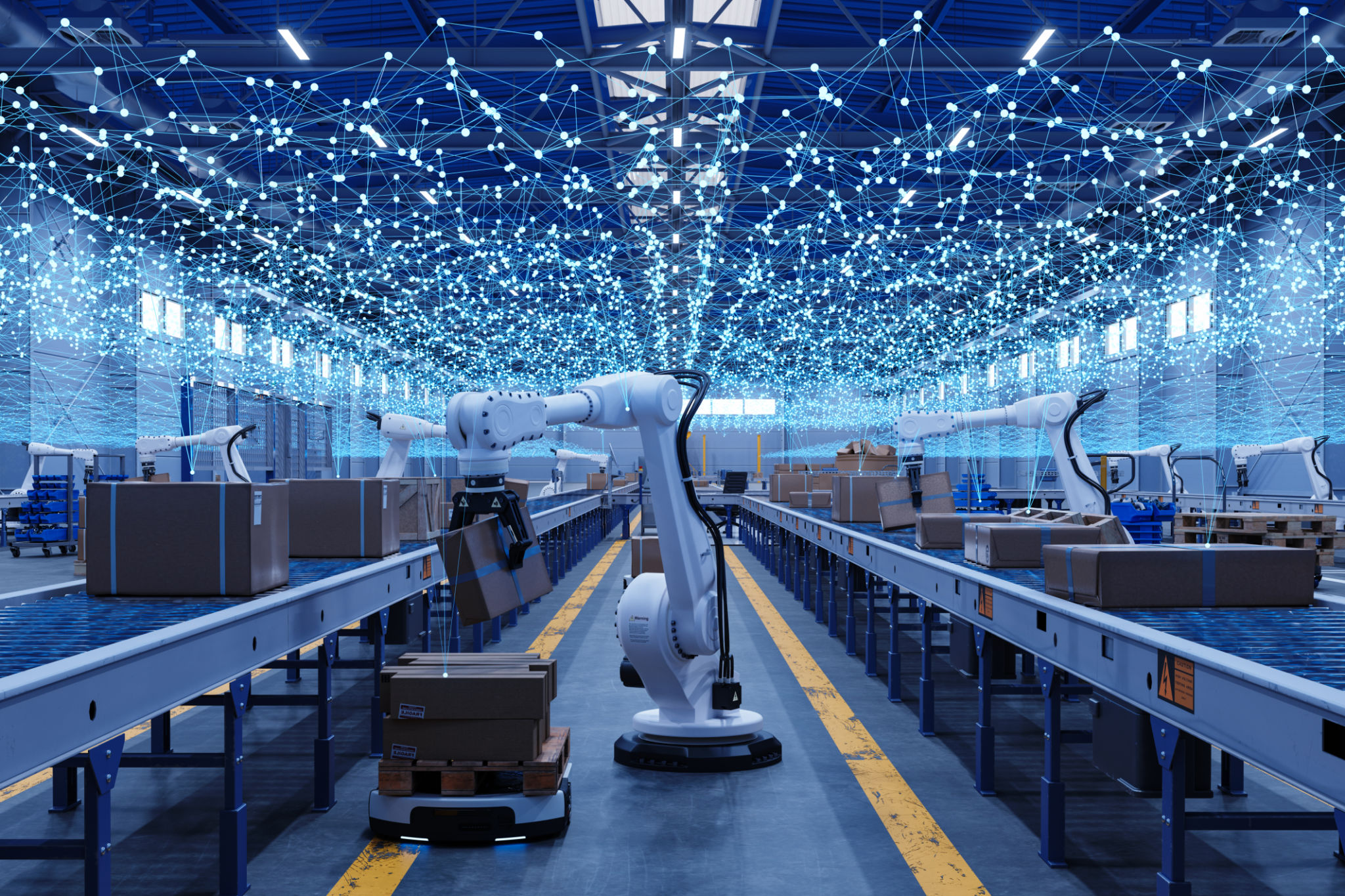AI and Big Data: A Complete Guide to Smart Manufacturing
Introduction to Smart Manufacturing
The advent of Artificial Intelligence (AI) and Big Data has revolutionized many industries, with manufacturing being no exception. Smart manufacturing leverages these advanced technologies to create more efficient, flexible, and cost-effective production processes. This intersection of AI and Big Data forms the backbone of Industry 4.0, heralding a new era of industrial innovation.

The Role of AI in Manufacturing
AI plays a pivotal role in smart manufacturing by providing real-time insights and automating complex processes. By integrating AI algorithms, manufacturers can enhance predictive maintenance, optimize supply chains, and improve quality control. These AI-driven strategies allow manufacturers to reduce downtime and enhance productivity.
Predictive Maintenance
One of the most significant applications of AI in manufacturing is predictive maintenance. AI systems analyze equipment data to predict potential failures before they occur, allowing for timely maintenance interventions. This not only extends the lifespan of machinery but also minimizes costly unplanned downtimes.

Harnessing Big Data for Enhanced Decision-Making
Big Data is indispensable in smart manufacturing, providing the vast volumes of information necessary for informed decision-making. Through the collection and analysis of data from various sources such as sensors, machines, and customer feedback, manufacturers can gain valuable insights into their operations.
Data-Driven Quality Control
With Big Data, manufacturers can implement data-driven quality control processes. By analyzing production data in real-time, manufacturers can identify defects or inefficiencies and address them promptly. This ensures that products meet quality standards and reduces waste significantly.

Integrating AI and Big Data
The true power of smart manufacturing lies in the integration of AI and Big Data. When combined, they enable a level of operational intelligence that transforms how factories operate. Manufacturers can achieve a holistic view of their operations, leading to smarter decision-making and increased competitiveness.
Supply Chain Optimization
The synergy between AI and Big Data also extends to supply chain management. By analyzing data across the supply chain, AI algorithms can forecast demand more accurately, optimize inventory levels, and streamline logistics. This leads to reduced costs and improved customer satisfaction.

The Future of Smart Manufacturing
As technology continues to evolve, the potential applications of AI and Big Data in manufacturing are bound to expand. The future will see even more sophisticated systems that offer deeper insights and greater automation. Investing in these technologies today ensures that manufacturers remain at the forefront of innovation.
In conclusion, AI and Big Data are not mere buzzwords but essential components of smart manufacturing. By embracing these technologies, manufacturers can not only enhance their current operations but also lay the groundwork for future advancements in industrial production.